Voices
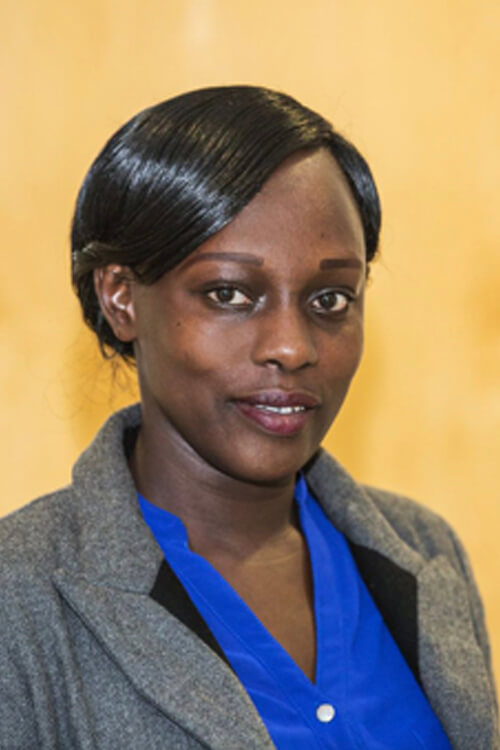
Pauline Anyana
SRHR Officer for the Organisation of Africa Youth, Kenya
‘I have learnt that there is the need to involve all populations. There are many groups that are disadvantaged because their SRHR needs have not been taken care of, mainly because they don’t have anyone to advocate for them. Apart from the youth there are the elderly, sex workers and indigenous communities whose voices are not being heard. It’s not just about coming to international forums like this - action needs to be taken at the national level.’
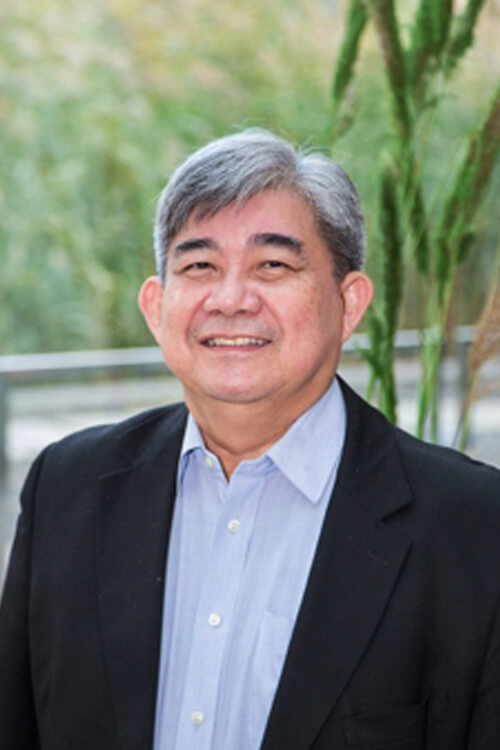
Dr. Juan Antonio Perez III
Executive Director of the Commission on Population and Development of the Philippines
‘The Dialogue is a good listening post to find out where the trends are, what issues are coming up and see how we can collaborate with other countries. I feel that we really need to make the Cairo conference a part of what governments and countries are doing. The Dialogue is a way to understand where different countries are at, and it clarifies the next steps we have to take to move the agenda forward.’
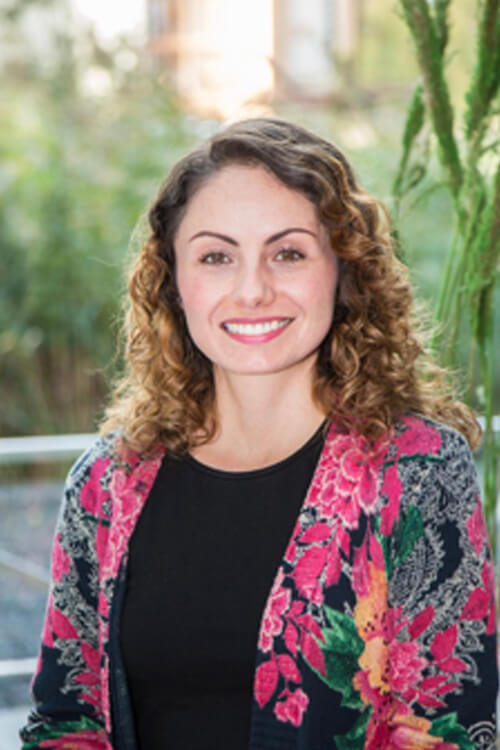
Angela Mateus
Vice President and Social Projects Coordinator at Sentimos Diverso, a feminist collective in Ecuador
‘I think it’s a great space to learn and share. We can contribute with our experiences and learn a lot about other projects that they are developing in other contexts. I was in a poster presentation about young refugees from Syria who are learning about SRHR in Turkey. I think we can apply some of the things that have been done in Turkey for our work in Ecuador with Venezuelan and Colombian refugees.’
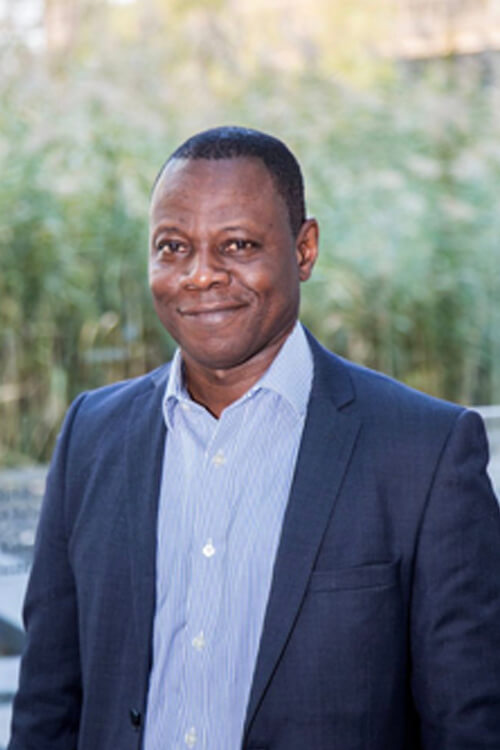
Dr. Patrick Kuma-Aboagye
Director of the Family Health Division of the Ghana Health Service
‘I think it is quite unique that all of us from different sectors are discussing the same topic, so we are getting different perspectives and a better understanding of where we are all coming from. I have learnt how you can do cervical cancer screening on an outreach basis and how it influences national policies. I have also learnt about the synergy we need to bring to our work. Now we have some global consensus – at least amongst the group here – on the way we must all go as far as SRHR are concerned.’
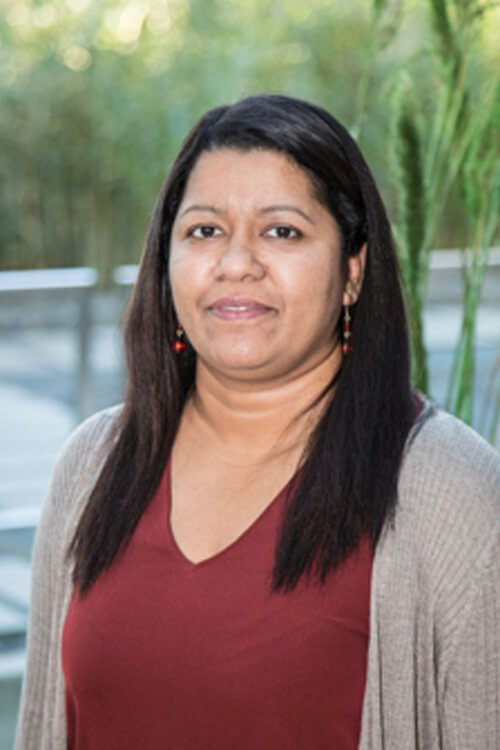
Mangala Namasivayam
Programme Manager for the Asian Resource and Research Centre for Women based in Malaysia
‘I am impressed that the topics discussed at the Dialogue are keeping up with the times. Discussions here with participants have shown me that there is still hope for the ICPD agenda. It’s always a struggle but coming here revives that spirit and hope in you. It helps to know there are people who feel as strongly about the issues as you do.’
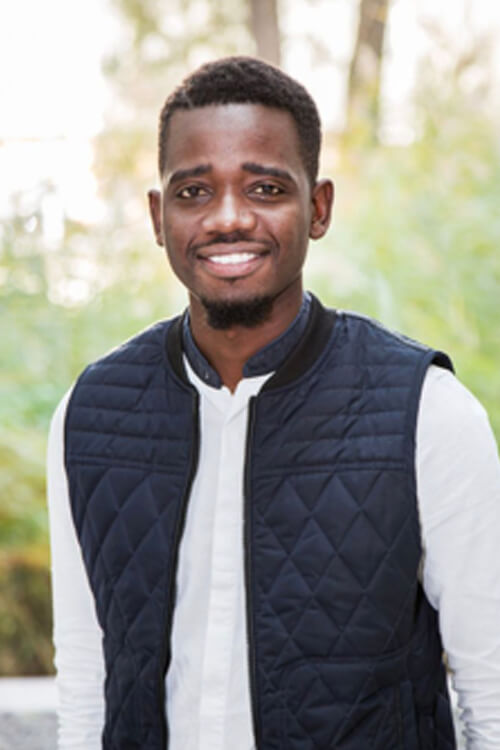
Bob Mwiinga Munyati
Senior Researcher at Aids Accountability International
‘I found a lot of good takeaways at this meeting. One of them is the poster presentation on strategies to address legal barriers to accessing safe abortion and decriminalisation of sexual orientation and gender identity. I think that the Dialogue allowed space for a lot of thinking about how we push the agenda forward to challenge criminalization in the broader sense on SRHR.’
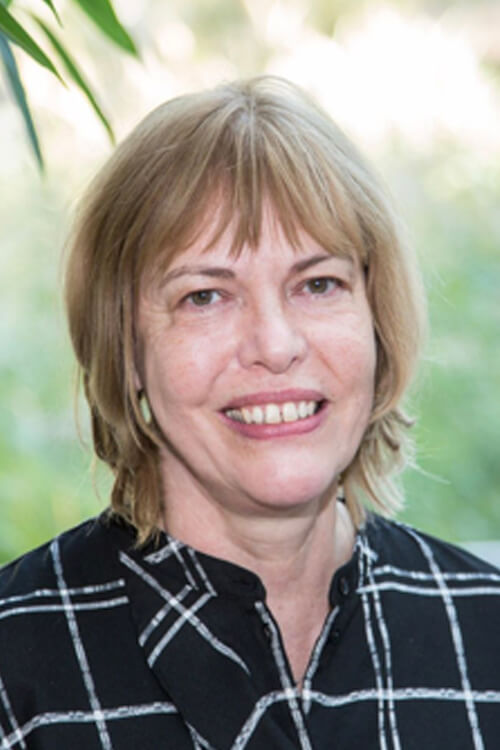
Sietske Steneker
Director of the Brussels Office of the United Nations Population Fund (UNFPA)
‘What makes the International Dialogue so valuable is that it brings together and enables an exchange of ideas between such a mix of constituencies – different stakeholders, a lot of civil society representatives, activists but also academics, people and people from countries that support SRHR.’